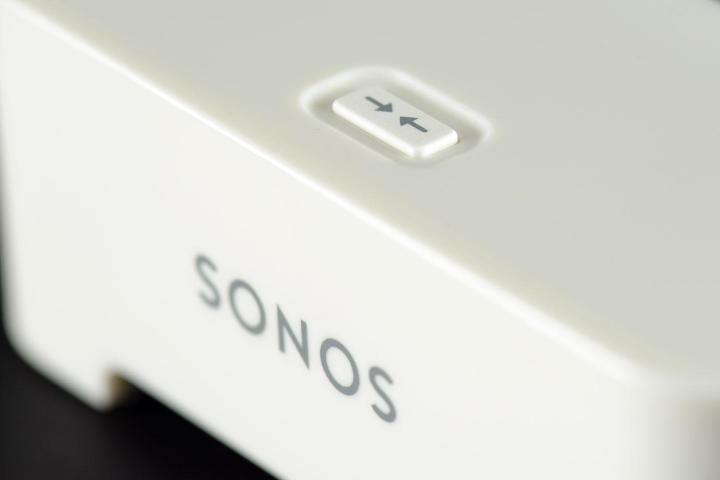
Beyond simply selling its hardware, Apple has announced that anyone who purchases a Play:1 or Play:5 device through its online or retail locations will get a free three-month subscription to its Apple Music streaming service. That comes in the form of a gift card, so users can use it even if they are already Apple Music subscribers.
“Our expanded collaboration with Apple is a great example of our ongoing work with our full ecosystem of partners to make it easier than ever to listen to music out loud at home,” said Sonos’ president Patrick Spence. “Apple Music on Sonos is a powerful experience, one we’re proud to bring directly to Apple fans at Apple Stores worldwide.”
In recent months, Apple has taken a firm bet on the idea that the future of music is wireless, especially following the release of its audio-jack-less iPhone 7 devices. Given that idealism, it’s understandable that the tech giant would expand its partnership with one of the industry leaders in premium wireless home audio. The more people start to feel like all music should be wireless, the more comfortable they will be with Apple’s wireless audio devices.
The two companies have had a positive business relationship for some time now, with Sonos buyers who subscribed to Apple Music already gaining streamlined access to things like Beats One radio, and the numerous popular Apple Music exclusives of the past 12 months.
Editors' Recommendations
- How much is Apple Music, and how can you get it for free?
- Six years in hell: My aging Sonos speakers have survived outside
- How powerful is the M1 Max’s GPU? Estimates say possibly more than a PS5
- Intel again tries to diss Apple but hurts itself in its confusion
- Just wait. Apple’s shocking audio mistake is part of a much bigger plan




